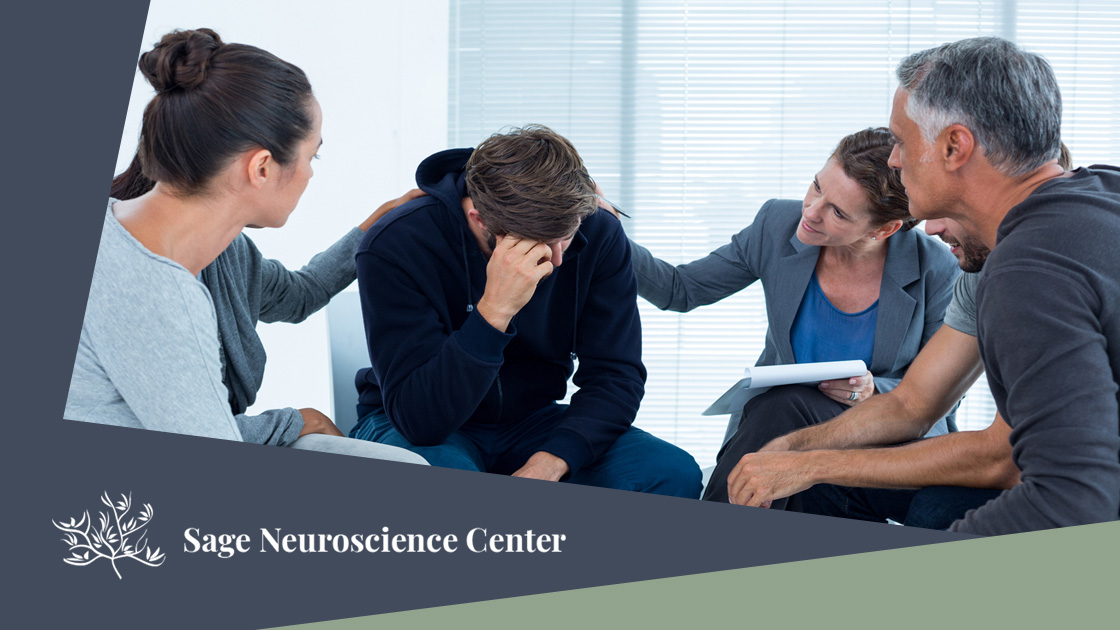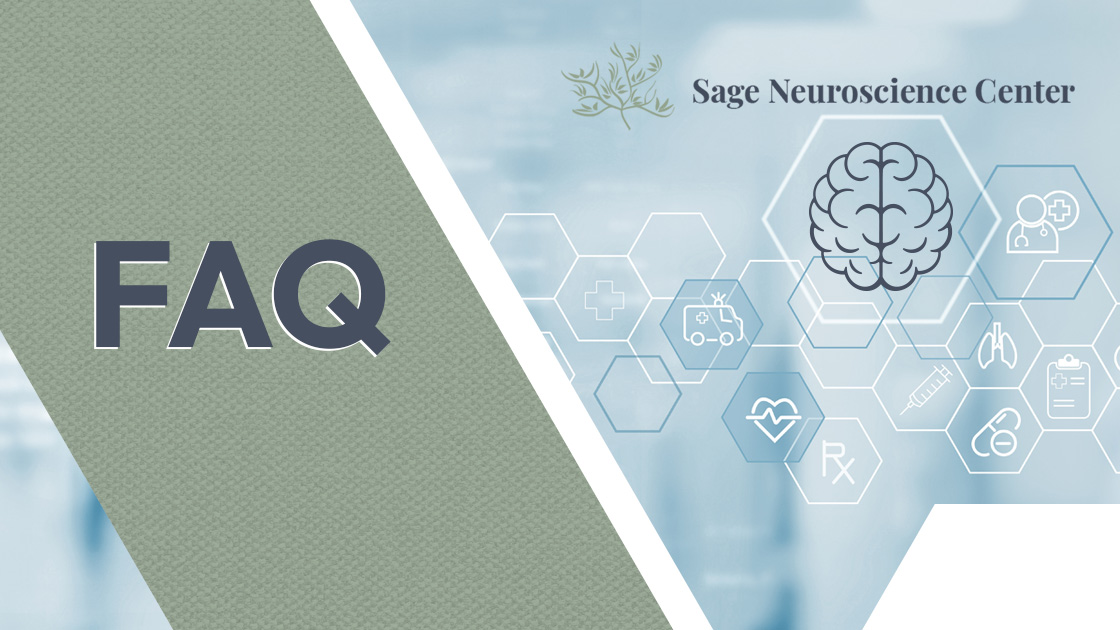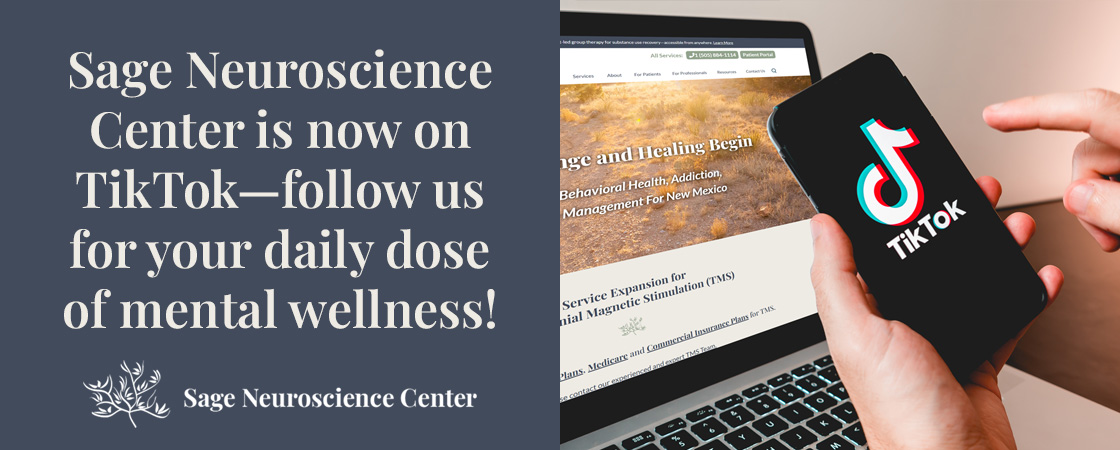Healing on Your Terms: How a Substance Use Disorder IOP Fits Your Life
Recovering from substance use disorder (SUD) isn’t just about quitting a substance—it’s about healing the mind, body, and relationships impacted by addiction. It’s a deeply personal journey, and the right support can make all the difference.
For many, the idea of inpatient rehab may feel overwhelming or impossible due to work, school, or family responsibilities. However, professional help is still within reach. That’s where Substance Use Disorder Intensive Outpatient Treatment Programs (SUDIOP) come in.
An IOP bridges the gap between residential rehab and traditional outpatient therapy, offering structured yet flexible care to help individuals build coping skills, prevent relapse, and regain control of their lives.
If you or a loved one is considering a Substance Use Disorder IOP in Albuquerque, here’s what you need to know about how it works and how it can support long-term recovery…
Frequently Asked Questions About Transcranial Magnetic Stimulation (TMS)
Transcranial Magnetic Stimulation (TMS) has emerged as a promising treatment option for those suffering from treatment-resistant depression. As interest in this non-invasive therapy grows, so do the questions surrounding it. Here, we address some of the most frequently asked questions about TMS.
1. What is TMS?
TMS is a non-invasive procedure that uses magnetic fields to stimulate nerve cells in the brain, particularly those involved in mood regulation. It’s primarily used to treat major depressive disorder, especially in patients who haven’t responded to traditional therapies.
2. How does TMS work?
TMS delivers magnetic pulses through an electromagnetic coil placed on the scalp. These pulses stimulate specific areas of the brain, promoting activity that can lead to improvements in mood and depressive symptoms…
Understanding Transcranial Magnetic Stimulation for Treatment-Resistant Depression
If you or a loved one are grappling with treatment-resistant depression (TRD), you know how challenging it can be to find effective solutions. Traditional therapies, including medications and psychotherapy, may not always provide the relief needed. Fortunately, advancements in mental health treatment have introduced a promising option: Transcranial Magnetic Stimulation (TMS).
What is TMS?
Transcranial Magnetic Stimulation is a non-invasive procedure that uses magnetic fields to stimulate nerve cells in the brain. Specifically, it targets areas associated with mood regulation, which can help alleviate symptoms of depression. TMS has gained traction as a viable option for those who haven’t found success with standard treatments…
Exploring Transcranial Magnetic Stimulation: A Beacon of Hope for Depression
If you or someone you know struggles with depression, you understand the profound impact it can have on daily life. For those facing treatment-resistant depression (TRD), finding effective solutions can feel daunting. Fortunately, Transcranial Magnetic Stimulation (TMS) is emerging as a promising option, backed by growing research and clinical data.
What is Transcranial Magnetic Stimulation?
Transcranial Magnetic Stimulation is a non-invasive procedure that uses magnetic fields to stimulate nerve cells in the brain. Specifically, TMS targets areas linked to mood regulation, helping alleviate symptoms of depression. Unlike traditional treatments that may rely on medications, TMS offers a unique approach by directly stimulating brain activity without systemic effects…
If you or someone you know is struggling with depression, we’re here to help. Call us at (505) 884-1114 to speak with our caring team, or click the link below to schedule an evaluation and find out if TMS therapy is right for you.



